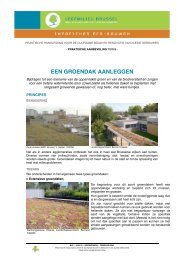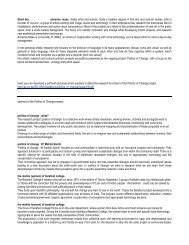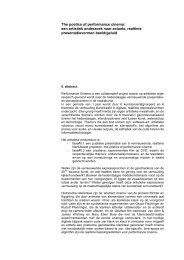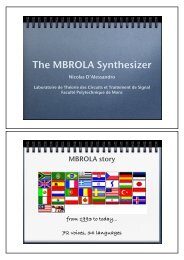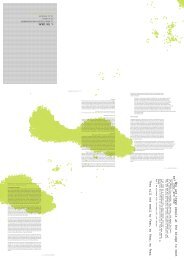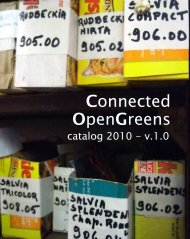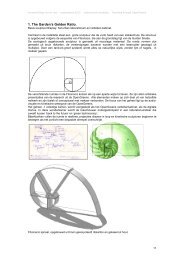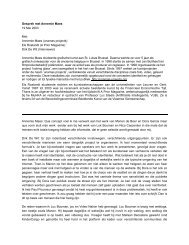MANIFESTO
MANIFESTO
MANIFESTO
Create successful ePaper yourself
Turn your PDF publications into a flip-book with our unique Google optimized e-Paper software.
Section 4<br />
BIODIVERSITY REDUCES VULNERABILITY AND INCREASES RESILIENCE<br />
Biodiversity is the basis of food security. Biodiversity is also the basis for<br />
ecological and organic farming because it provides alternatives to fossil fuel<br />
and chemical inputs. It also increases resilience to climate change by returning<br />
more carbon to the soil, improving the soil’s ability to withstand drought,<br />
floods, and erosion. Biodiversity is the only natural insurance for society’s<br />
future adaptation and evolution. Increasing genetic and cultural diversity<br />
in food systems, and maintaining this biodiversity in the commons are vital<br />
adaptation strategies responding to challenges of climate change.<br />
Biodiversity is living carbon and a solution for climate change. Industrial<br />
agriculture is a dead carbon economy. Additionally, more biodiversity means<br />
more biomass that increases food production while also providing energy.<br />
Resilience to climate disasters comes only through biodiversity. After the<br />
Orissa Super Cyclone of 1998 and the Tsunami of 2004, Navdanya Seed Center<br />
distributed seeds of saline resistant rice varieties. These “seeds of hope”<br />
rejuvenated agriculture in lands that had been salinated by the sea. The seed<br />
saving movement is now creating community seed banks of drought resistant,<br />
flood resistant, and saline resistant seed varieties to respond to climate<br />
extremes. Diversity offers a cushion against both climate extremes and climate<br />
uncertainty. Monocultures and centralization are a myopic obsession that must<br />
give way to diversity and decentralization.<br />
While reducing vulnerability and increasing resilience, biodiverse organic<br />
farming also produces more food and higher income. As scientist and professor<br />
David Pimentel observes: “Organic farming approaches for maize and beans<br />
in the U.S. not only use an average of 30 percent less fossil energy but also<br />
conserve more water in the soil, induce less erosion, maintain soil quality, and<br />
conserve more biological resources than conventional farming does.”<br />
After Hurricane Mitch in Central America, farmers who practiced biodiverse<br />
organic food growing suffered less damage than those practicing chemical<br />
agriculture. The ecologically farmed plots had more top soil, greater soil<br />
moisture, and less erosion, and experienced less economic losses.<br />
24 / 25




